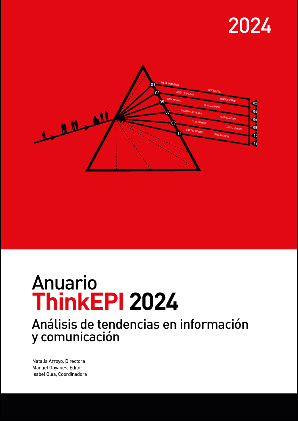The “Sexenio de Transferencia“ comes out (badly, but it comes out)
DOI:
https://doi.org/10.3145/thinkepi.2024.e18a14Keywords:
Sexenio de Transferencia, Researchers’ remuneration, CNEAT, Knowledge transfer, University innovationAbstract
This Thinkepi analyses the implementation of the “Sexenio de Transferencia” in Spain, comparing it with the “Sexenio de Investigación” introduced in 1989. The Ministry of Science, Innovation and Universities has proposed a Royal Decree to improve the remuneration of researchers and teachers and to create the CNEAT (Comisión Nacional Evaluadora de la Actividad de la Transferencia). Although the importance of knowledge transfer is recognised, the incompatibility between six-year research and transfer is criticised, as is the possible trivialisation of the process. It is argued that promoting knowledge transfer would be economically beneficial to both universities and the productive system. Furthermore, the valuation of political activity as transfer is questioned, and it is suggested that the accumulation of six-year periods should be allowed. Despite the criticisms, the need to implement and improve the six-year transfer period is stressed in order to boost innovation and scientific progress in Spain.Downloads
Download data is not yet available.
Downloads
Published
2024-07-29
How to Cite
Repiso, R., & Montero, J. (2024). The “Sexenio de Transferencia“ comes out (badly, but it comes out). Anuario ThinkEPI, 18. https://doi.org/10.3145/thinkepi.2024.e18a14
Dimensions
Issue
Section
Comunicación científica y evaluación de la investigación


